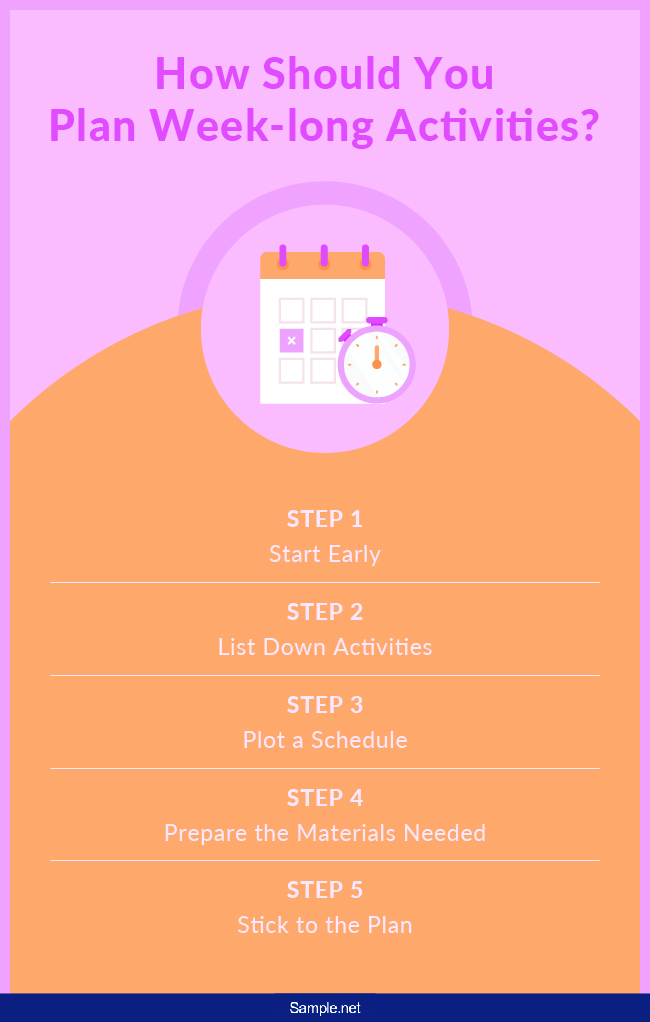48+ Samples Weekly Calendar Templates
-
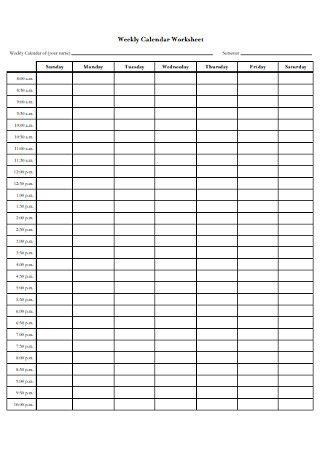
Weekly Calendar Worksheet
download now -
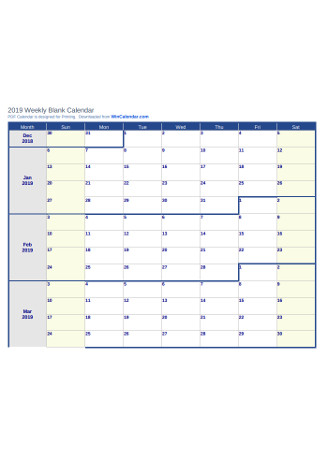
Weekly Blank Calendar
download now -
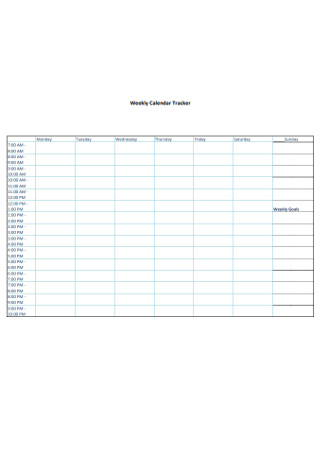
Weekly Calendar Tracker
download now -
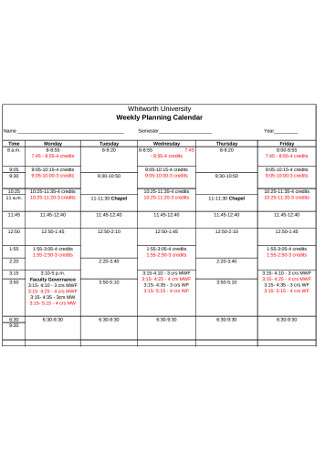
Weekly Planning Calendar
download now -
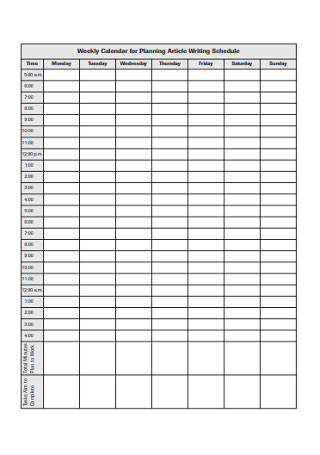
Weekly Calendar for Planning Article Writing Schedule
download now -
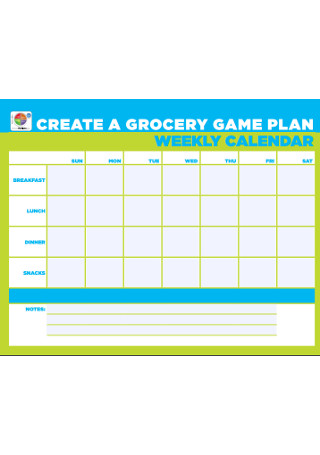
Weekly Game Plan Calendar
download now -
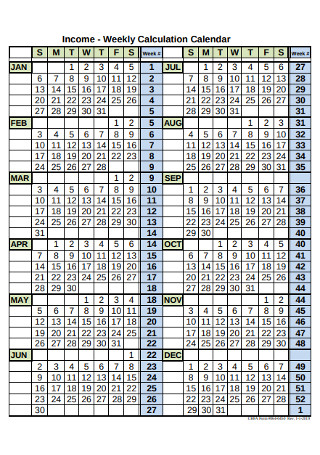
Weekly Calculation Calendar
download now -
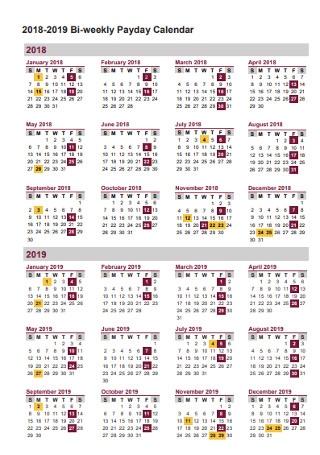
Bi-weekly Payday Calendar
download now -
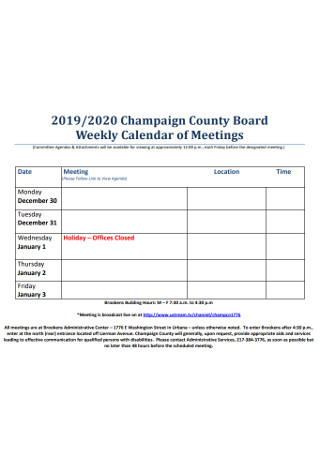
Board Weekly Calendar of Meetings
download now -
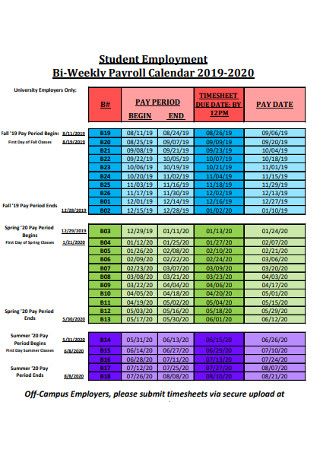
Student Employment Bi-Weekly Payroll Calendar
download now -
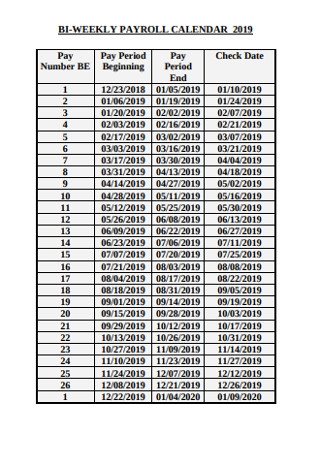
Bi-Weekly Payroll Calendar
download now -
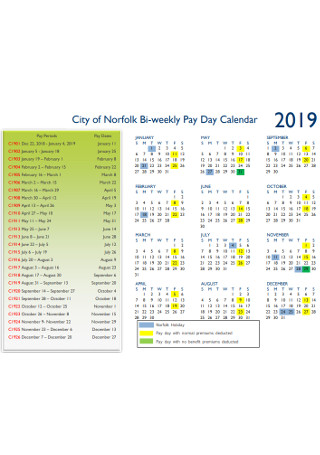
Bi-weekly Pay Day Calendar
download now -
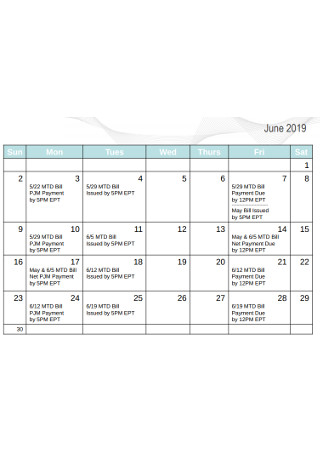
Weekly Billing Calendar
download now -
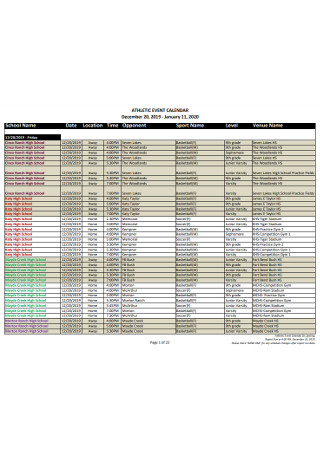
Athletic Weekly Calendar
download now -
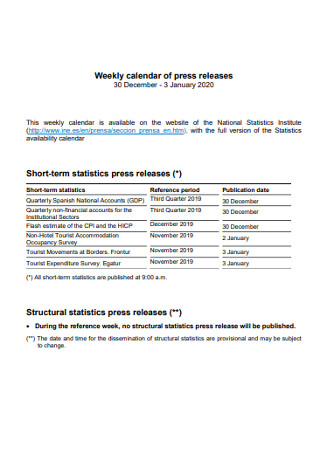
Weekly Calendar of Press Releases
download now -
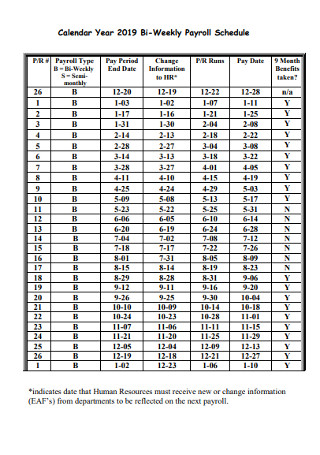
Weekly Payroll Schedule Calendar
download now -
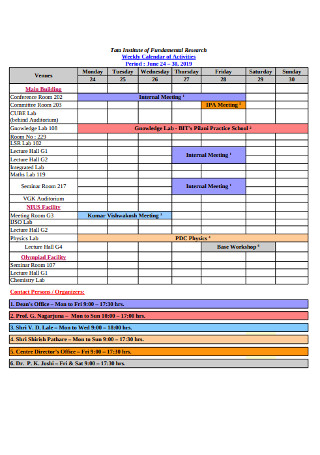
Weekly Activity Calendar
download now -
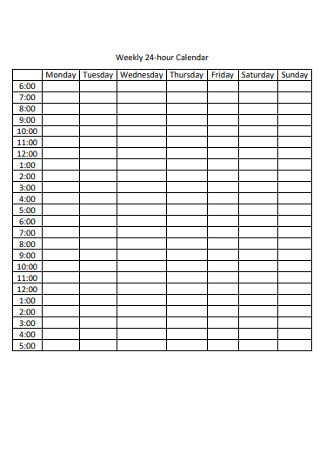
Weekly 24-hour Calendar
download now -
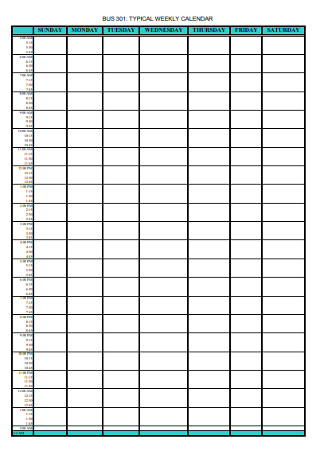
time.management.weekly.calendar
download now -
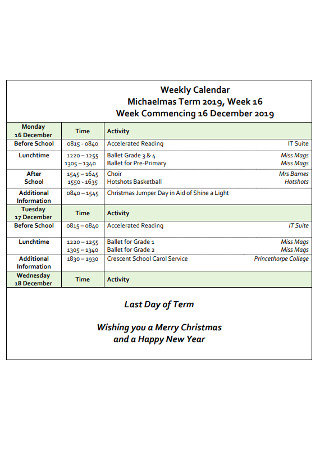
School Weekly Calendar
download now -
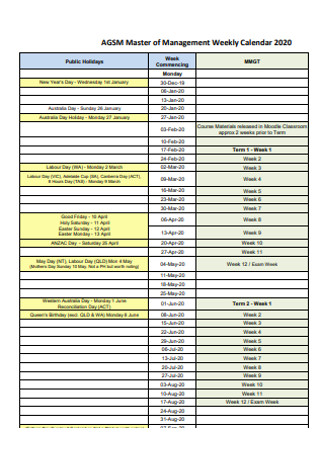
Master of Management Weekly Calendar
download now -
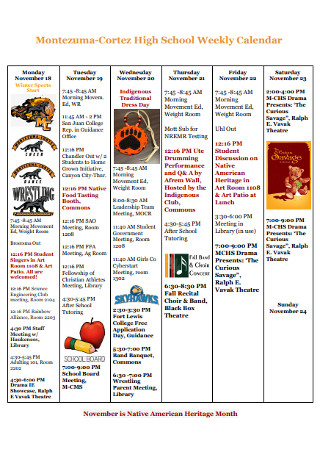
High School Weekly Calendar
download now -
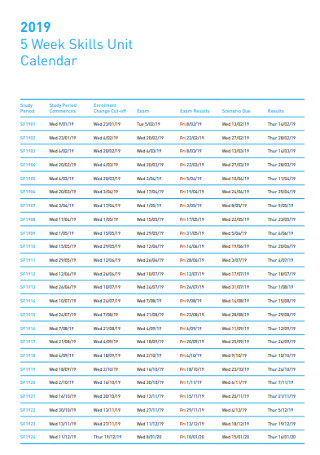
Week Skills Unit Calendar
download now -
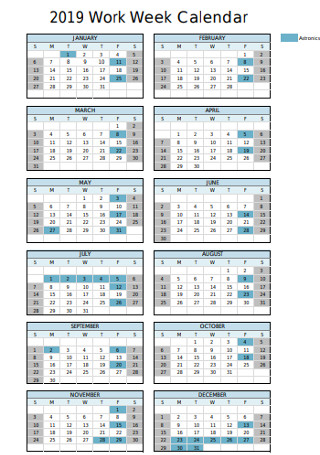
Work Weekly Calendar
download now -
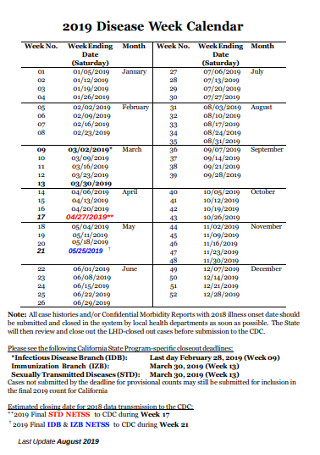
Disease Week Calendar
download now -
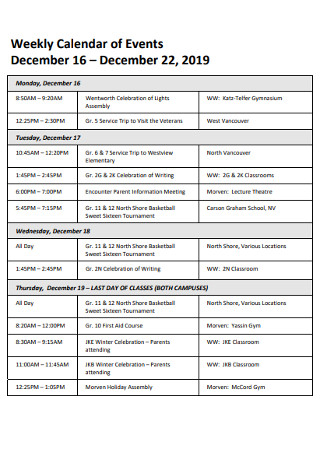
Weekly Calendar of Events
download now -
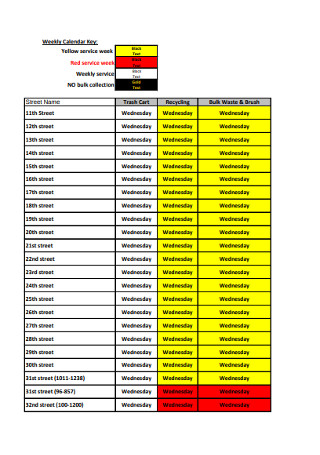
Weekly Calendar Key Template
download now -
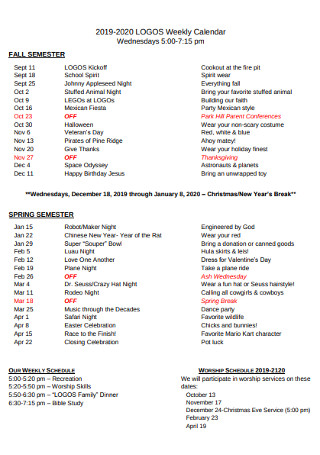
Weekly Fall Semister Calendar
download now -
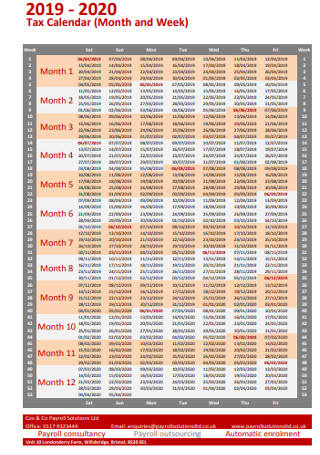
Month and Week Tax Calendar
download now -
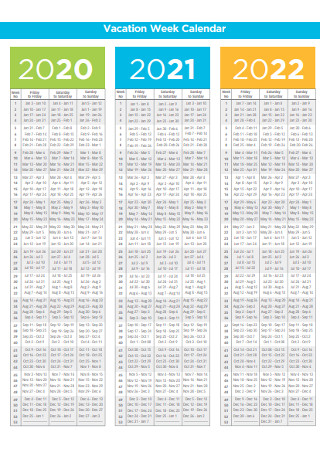
Vacation Week Calendar
download now -
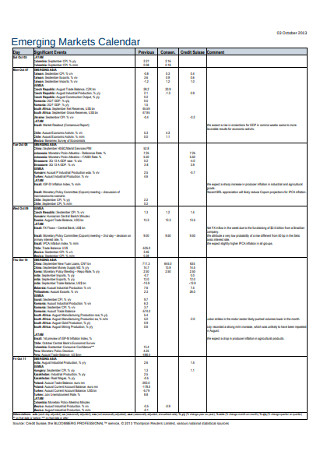
Weekly Markets Calendar
download now -
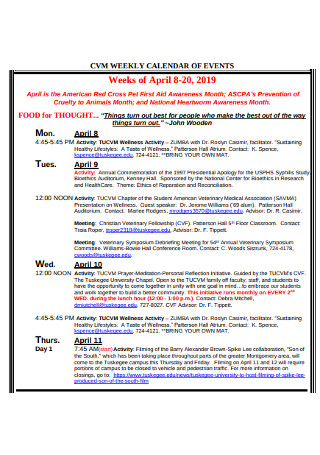
Sample Weekly Calendar of Events
download now -
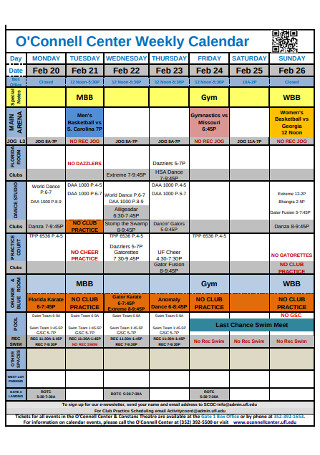
Weekly Center Calendar
download now -
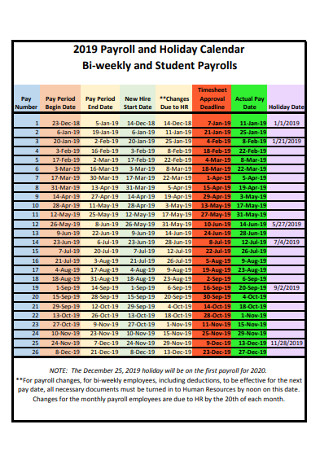
Student Weekly Holiday Calendar
download now -
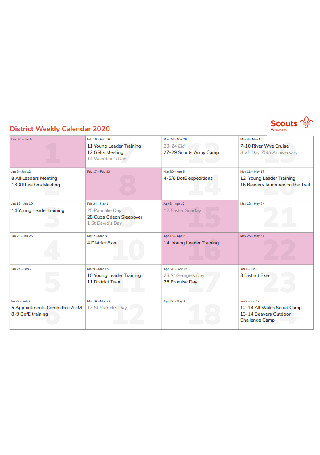
District Weekly Calendar
download now -
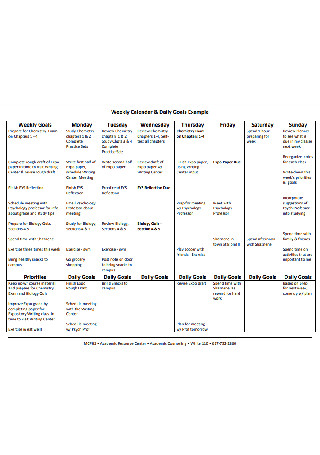
Weekly Calendar and Daily Goals Example
download now -
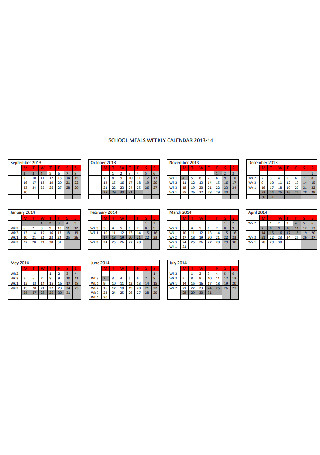
School Meals Weekly Calendar
download now -
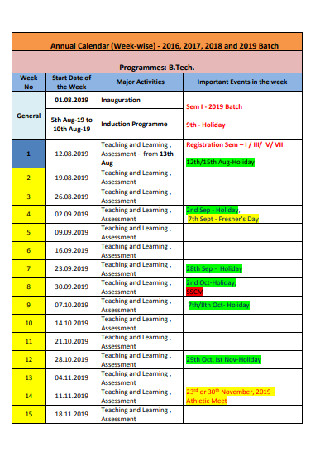
Annual Weekly Calendar
download now -
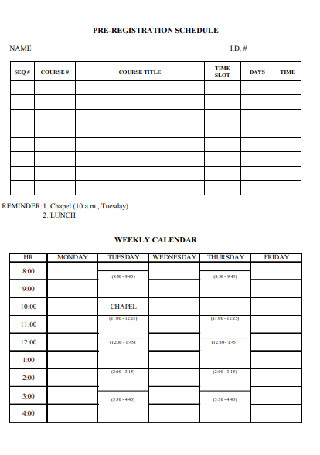
Pre Registration Weekly Calendar
download now -
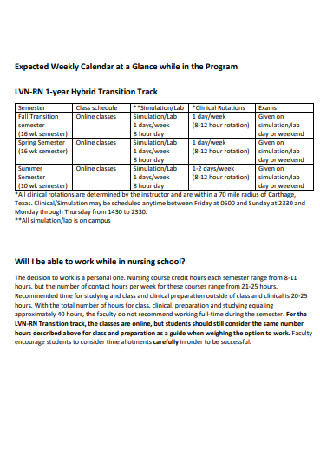
Expected Weekly Calendar
download now -
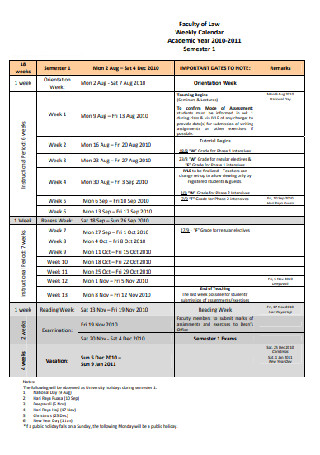
Faculty of Law Weekly Calendar
download now -
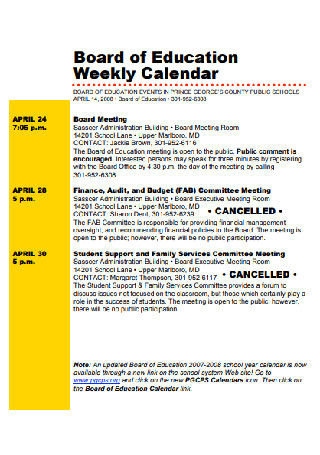
Board of Education Weekly Calendar
download now -
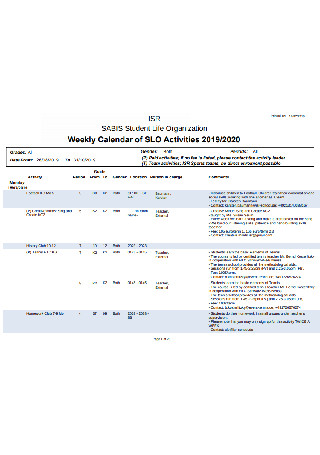
Student Life Organization Weekly Calendar
download now -
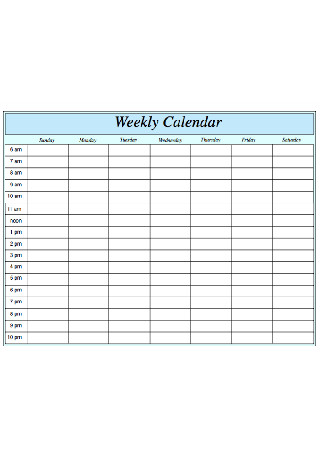
Simple Weekly Calendar
download now -
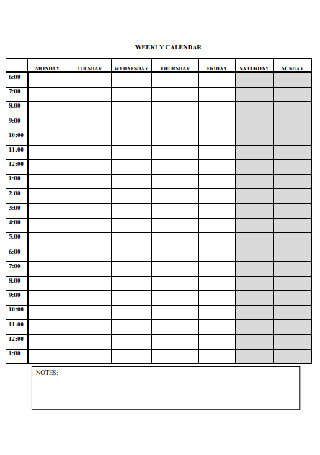
Basic Weekly Calendar
download now -
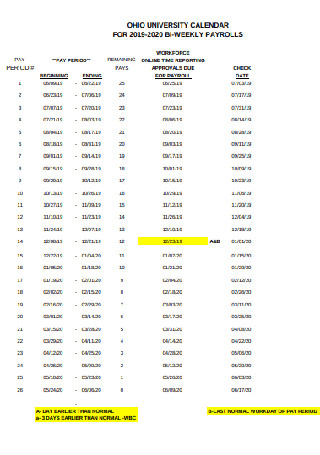
University Weekly Calendar
download now -
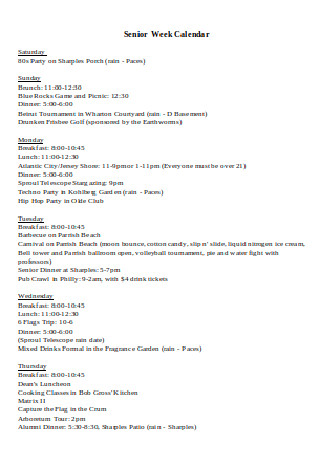
Senior Weekly Calendar
download now -
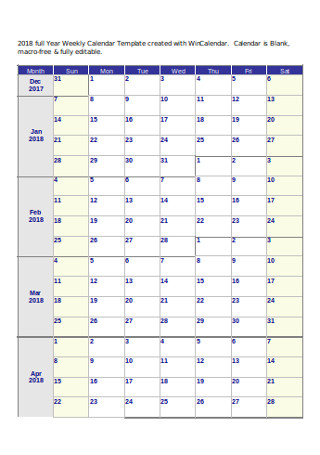
Year Weekly Calendar Template
download now -
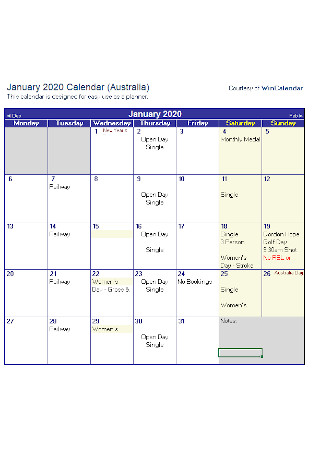
Sample Monthly Calendar Template
download now
What is a Weekly Calendar?
We see calendars in almost every place we set foot in. This printed material comes in different forms, colors, sizes, and types. Some calendars give you an overview of the month, while others provide you with a closer view of the events, activities, and appointments in your life. But unlike the usual calendar, we make use of, and a weekly calendar enables individuals to have a more comprehensive account of their plans. Instead of showing the days of the month, a weekly calendar usually displays the days of the week alongside the hours of the day.
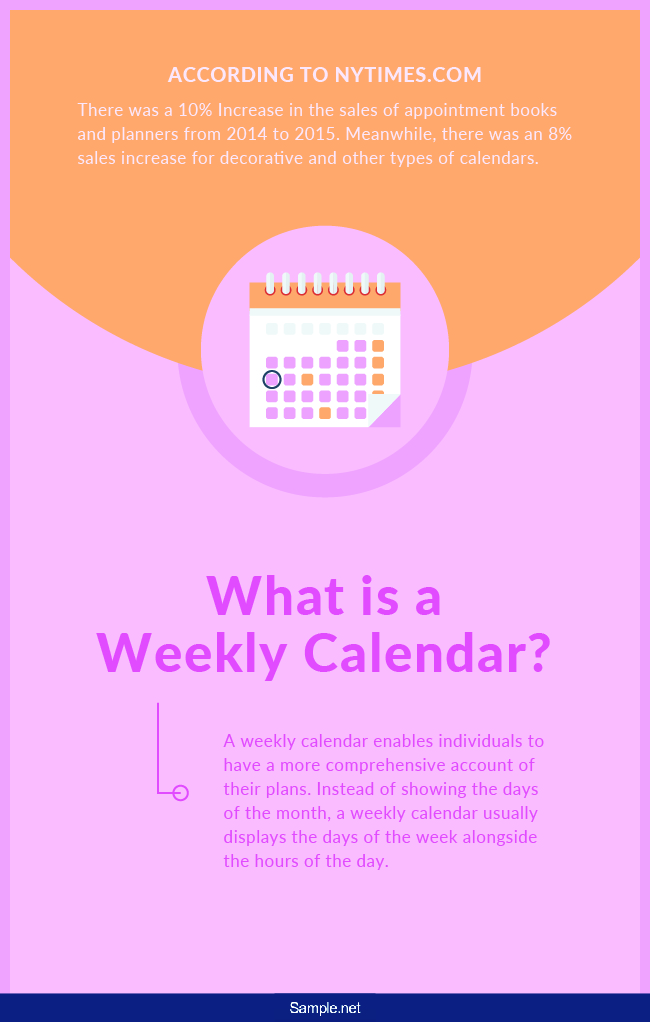
Seven Days of the Week: A Peek into the Etymology of Days
Monday, Tuesday, Wednesday, Thursday, Friday, Saturday, and Sunday—we all know the days of the week. We’ve seen them written in calendars, be it digital or paper. But have you ever wondered where these terms originated from? If not, let us walk you through the etymology of the seven days of the week. Let’s begin with Monday. Considered as the first day of the week by the international standard ISO 8601, Monday comes from an Old English term M?nandæg which means Moon’s Day. It is also associated with the Norse mythology’s personification of the moon or Máni. After Monday, here comes Tuesday. The Old English equivalent of Tuesday is T?wesdæg, meaning Tiw’s Day. Tiw is the Norse god of war. Named after the supreme god W?den or Odin, Wednesday originated from W?den’s Day or W?dnesdæg in Old English.
Surely, you’ve heard about Thor, the god of thunder who wields a giant hammer. We’ve seen movies about him, or at least heard about it. But do you know that the term Thursday is associated with Thor? It was once called Thor’s Day, which later on became Thursday. Being the last day before the weekends, Friday is one of the most awaited days of the week. It was named after the goddess of love in Norse mythology, Frigg. Following Friday is Saturday, which is the sixth day of the week and the first day of the weekend. Saturday derives from the name of a Roman god, Saturn. Now, we’re down to our last day of the week—Sunday. It is the easiest to remember given that it originates from an Old English term Sunnandæg which literally means Sun’s Day.
As you may have noticed, the names of each day stemmed from the names of whom the ancient people consider as their gods and goddesses. Taking this into account, it is evident that people from the past value their gods and goddesses that much. Moreover, you should note that each Norse god whose names were the origins of the days’ names have their equivalents from other mythologies. Take, for example, Tuesday, Tiw’s, or Tyr’s counterpart in Roman mythology is Mars. Hence, the derivation of the Latin term dies Martis or “day of Mars.”
When Does a Weekly Calendar Become Beneficial?
Anyone can make use of a weekly calendar—young, adults, or young adults. Having a weekly schedule can be of great help to individuals, regardless of age, profession, and background. Furthermore, people with hectic schedules make use of a blank calendar or planner in the pursuit of effective time management or work-life balance. Listed below are some of the instances wherein a weekly calendar will be advantageous.
Making the Most Out of Your Week
The Babylonians take credit for the seven-day week structure of our calendars. It is believed that days are organized to correspond with the time it takes for the moon to transition between its different phases. Nevertheless, seven days a week would provide so much room for changes and progress. So much can happen within a week that sometimes we fail to notice it. When planned ahead of time, a productive week will definitely be a possibility. In this section, we will help you make the most out of your week.
Set Goals
Setting a clear and realistic goal will keep you motivated to do specific tasks throughout the week. It’s like starting your week with the hopes of achieving something by the end of it. Also, you must have both short-term and long-term goals. However, you must see to it that your targets are specific, measurable, attainable, realistic, and timebound.
Establish Limits
You are no superhuman with superpowers. Don’t be too hard on yourself. You can only make the most out of your week if you don’t bombard yourself with so much to accomplish daily. Learn to establish limits in terms of the tasks you need to do in a span of seven days. Moreover, it is also essential to figure out which ones to prioritize so you can work on them first.
Track Progress
Every time you accomplish a task, you should indicate it in your calendar or planner. Tracking your progress helps avoid your motivation from fizzling out since you will feel fulfilled knowing that you have checked an item from your to-do list.
Rest and Enjoy
“And on the seventh day God ended his work which he had made, and he rested on the seventh day from all his work which he had made.” Genesis 2:2. Whatever it is that you are trying to achieve, you must give yourself a time to rest so that you will have enough strength and will to carry on for the following weeks.
How Should You Plan Week-long Activities?
Despite the existence of smartphones and digital planners, an article from The New York Times maintains that paper calendars still hold a great significance in our lives. As featured in the article, there was a 10% increase in the sales of appointment books and planners from 2014 to 2015. Meanwhile, there was an 8% sales increase for decorative and other types of calendars. The figures suggest that people still give value to planning. Now, if you are tasked to plan or organize a week-long event, follow the steps provided below for a sure-fire successful event.
Step 1: Start Early
Sometimes, a day is not enough to celebrate, complete a project, or host an event. When it takes a week to complete a particular activity, extensive planning will be a necessity. For this reason, you need to start plotting out your schedule early so that you will have more time to gather the necessary materials or find the best venue (if applicable). Furthermore, early planning will help you achieve a foolproof event since you have everything ironed out before things get busy.
Step 2: List Down Activities
After grabbing a pen and something to write on or a digital device, the first thing you have to do is to create a list of the tasks or activities you have in mind for the whole week. For example, if you are planning for a summer camp, list down activities you offer in different categories. Typically, summer camps include sports, games, adventures, arts, and crafts, performing arts, cooking, and fitness.
Step 3: Plot a Schedule
When plotting a schedule, don’t assign too many activities in a single day. Make sure that you evenly distributed the activities for each day so that something worthwhile takes place on the part of the participants in every day of the week. In addition, you should see to it that your plans are achievable and realistic.
Step 4: Prepare the Materials Needed
Lack of materials and/or facilities to accomplish various tasks might be the reason why your plans will flop. Therefore, before the week even begins, make sure that you have already prepared all the materials you need for the completion of your action plan. Moreover, you should consider your budget when purchasing so that you will not run out of financial resources for other necessities.
Step 5: Stick to the Plan
What would your plans be if you don’t adhere to the schedule you made? Useless, right? That is why the last and the most important step in mapping out a week-long event is to stick to the plan. It would also be beneficial if you will prepare a back-up plan, just in case. Provided that you are organizing an outdoor event, you should have a Plan B when the weather doesn’t permit you to execute your plans.
